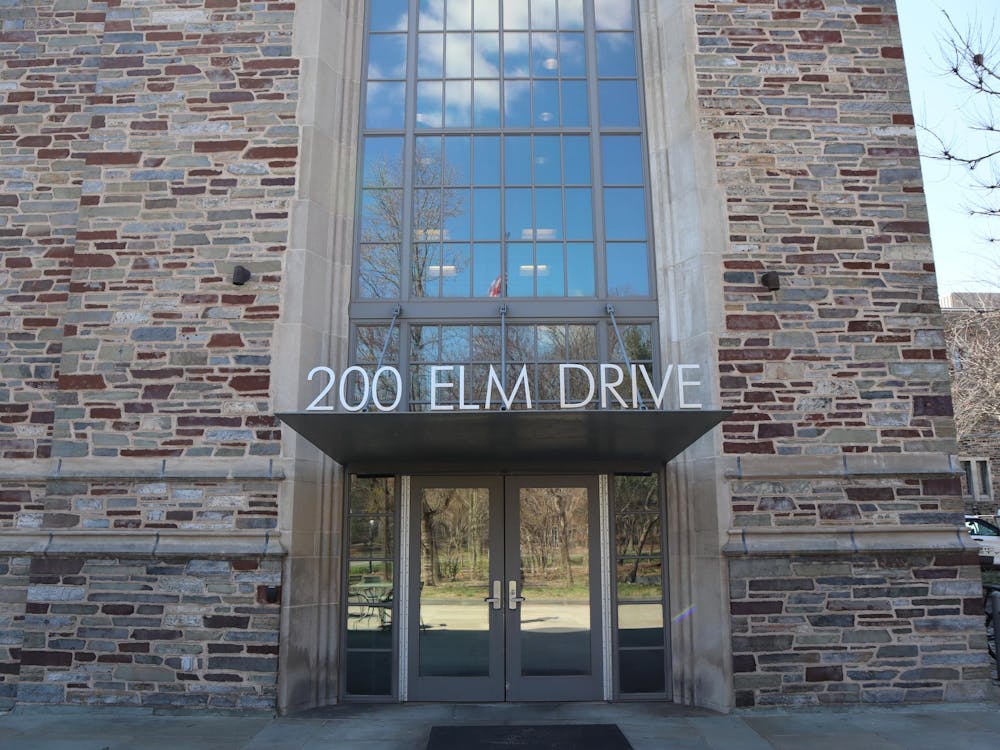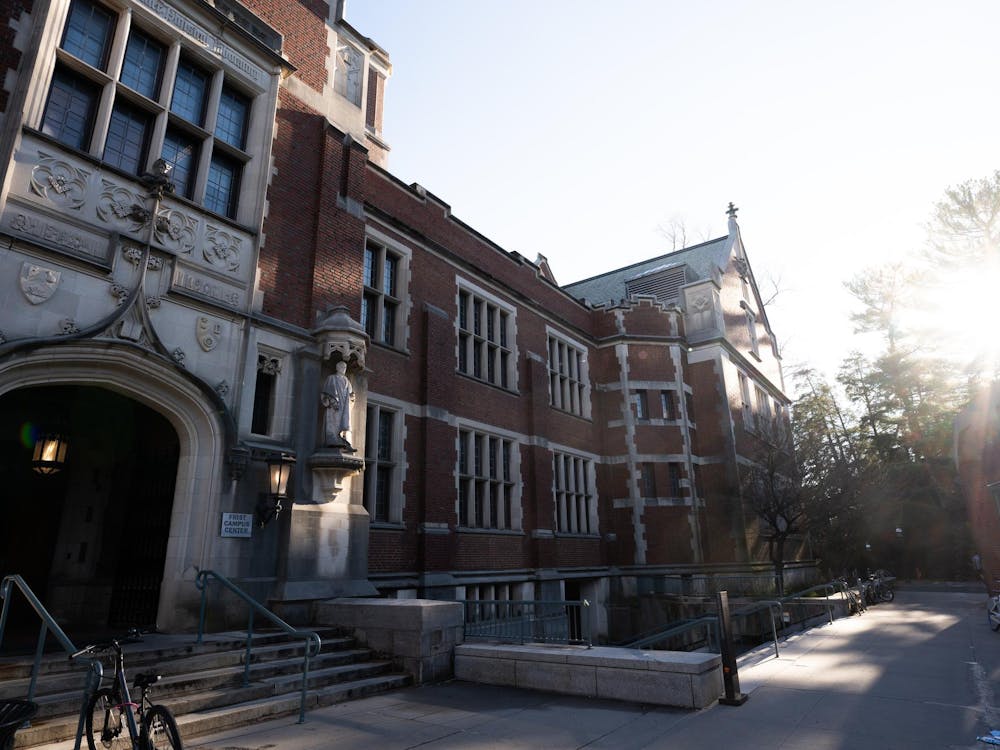Alumni discussed the importance of a two-state solution to the Israeli-Palestinian conflict as well as the tender negotiations between the United States and Iran on the nuclear deal at a Reunions panel on Saturday. The panel brought together alumni who have spent much of their professional careers evaluating Middle Eastern politics and foreign policy.
Jonathan Greenwald ’64, vice president of publications of the International Crisis Group, addressed the necessity for even more severe sanctions on Iran today. There exists the possibility of a six-month extension to negotiations on the nuclear deal, he said, noting that ultimate resolution of the nuclear deal and the fragile relationship the United States holds with Iran should happen immediately.
“The devil is always in the details,” he said regarding the critical and approaching deadline with Iran that may turn the tables forever on Middle Eastern politics if resolution is achieved. He said the possibility of military confrontation is real if the United States and Iran cannot reach compromise and consensus.
CEO of Kuwait Petroleum Corporation Nawaf Al-Sabah ’94 discussed the political importance of nuclear power and oil in the Middle East. Al-Sabah spoke about the value of nuclear power as a tool of deterrence but also about the harms that such power poses for neighboring countries.
Greenwald noted that, in order to evaluate the nuclear situation with Iran, accommodation of the Iranian state’s interest is critically important. The United States cannot expect a reasonable deal with Iran unless compromise is made on both ends, Greenwald said.
Jeremy Ben-Ami ’84, executive director of J Street, which calls itself pro-Israel but has often sided with critics of Israel, spoke in favor of a two-state solution between Israel and Palestine.
“The reason it is so important to reach a two state solution is because it is in the interest of both parties,” Ben-Ami said.
The argument made in favor of Israel adopting this two-state solution is supported heavily by prime ministers and ambassadors across the region who recognize the need for a peaceful resolution, he said. Israel will lose both its “democratic and its Jewish nature” if it doesn't turn to a two-state solution,Ben-Ami argued, adding that that there is no other solution because the status quo can only get worse.
Finally, Ben-Ami explained that discussion of the two-state solution is crucially important for the Jewish community in the United States, including the younger generations. He said that he hopes this is a conversation that continues to take place on college campuses.
TIME magazine writer Nate Rawlings ’04 served in the military and brought a varied on-the-ground perspective to an otherwise hard policy-focused panel. Rawlings discussed the dangers of nuclear power and the reality of military action if effective political negotiation can not be reached between the United States and Iran, as well as with Israel and the Palestinian people.
Senior Counselor to the President Daniel Christman GS ’69 from the U.S. Chamber of Commerce spoke about the influence of religion and specifically Islam on both regional politics and the region’s relationship with the United States.
He noted that, as a result of the spread of digital and social media, there are elements of Islam and the cultures of countries in the region that spread beyond the borders of Islamic states to the Western states. Since that is true in order to accommodate competing interests of the sectarian divide, he said the United States must evaluate religious and cultural aspects that contribute to political decision making.

Assistant professor of history and Near Eastern studies Max Weiss moderated the panel titled “The Ever-Evolving MiddleEast,” which took place at 9 a.m. on Saturday in McCormick 101.








